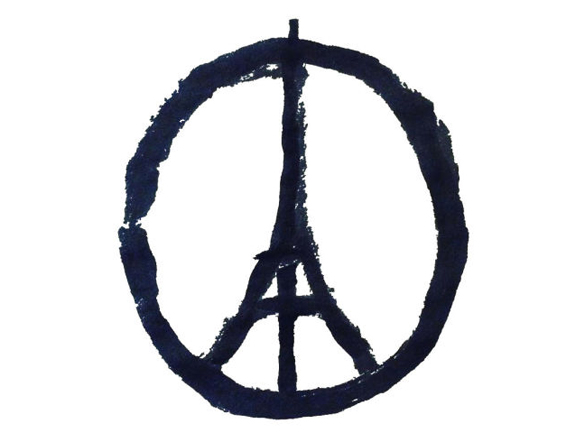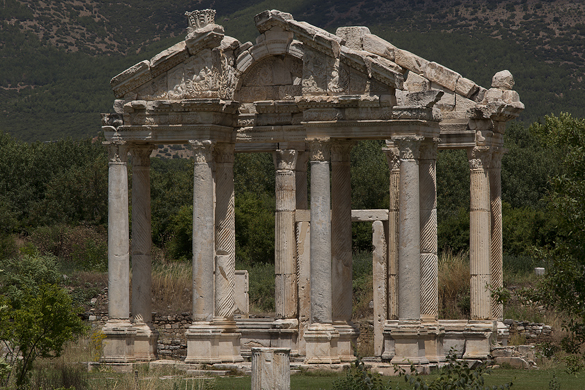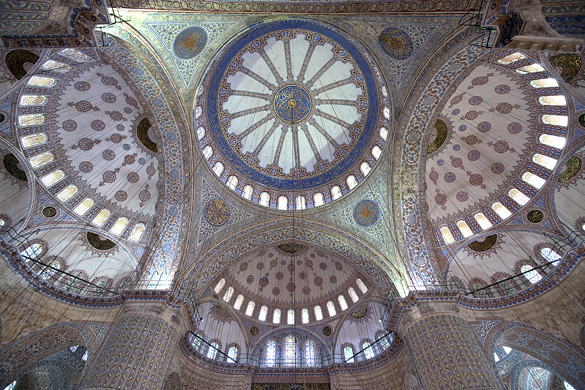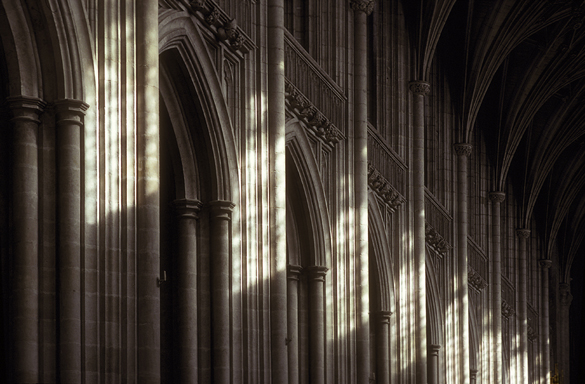Pluralism

I once had the privilege of interviewing Alex Colville about his time as an official war artist. It was, poignantly, just a few weeks after September 11, 2001. Describing his impressions of the newly liberated concentration camp at Bergen-Belsen, he said that one of his enduring feelings was guilt over the fact that he hadn’t felt worse. He compared it to his reaction to 9/11. “There are real limits”, he told me, “to the human capacity to respond adequately.”
I couldn’t help but wonder if I discovered my own limits in my survey class this week. It was just four days after the brutal slaughter in Paris – and the topic was Islamic architecture. Should I have made reference to that event? Should I have made an explicit distinction between the artistic achievements of a great culture and radical sects that claim to speak for it today? With carnage in Paris and the burning of a mosque in Peterborough, was showing pretty pictures of the Suleymaniye Mosque an adequate response?
My decision to give the lecture just as I would have before November 13 was, however, about more than moral indecision. I think the dispassionate study and teaching of artistic and cultural achievements across temporal and cultural divides becomes even more important in the face of such brutality. It affirms again and again the one value that the radicals and murderers cannot abide: pluralism.

In a hugely broad survey like ARTH 1200, we come face to face with a wide range of societies, of world views, of values and of belief systems. And one fact that becomes inescapable is that none of them has a monopoly on cultural achievement, or on beauty, or on truth. Every civilization we look at embodies both the noble and the ignoble. And they all have résumés of cultural achievement that demand our respect – not uncritical adulation, but admiration.

For some, this can come as a bit of a shock. Our modern Western way of life is not the way, it’s just one way. It works pretty well for many of us, but there are and have always been other ways, and they have achieved great things and sometimes show wisdom that we lack – and vice-versa. When we immerse ourselves in the complex beauties of the Classical orders, or gaze in wonder at the polyphony of domes in an Ottoman mosque, or ponder the infinite space of a Gothic cathedral, pluralism becomes the only intellectually and morally tenable position.

A few weeks ago, I discussed the range of things that we teach when we teach in the humanities – not just information, but skills and values. I should have added pluralism to that list. At our best, we teach humility, and deep respect for the better angels of human nature wherever and whenever they have appeared.
Is that an adequate response? I’m counting on it, because it’s the best I’ve got.